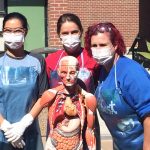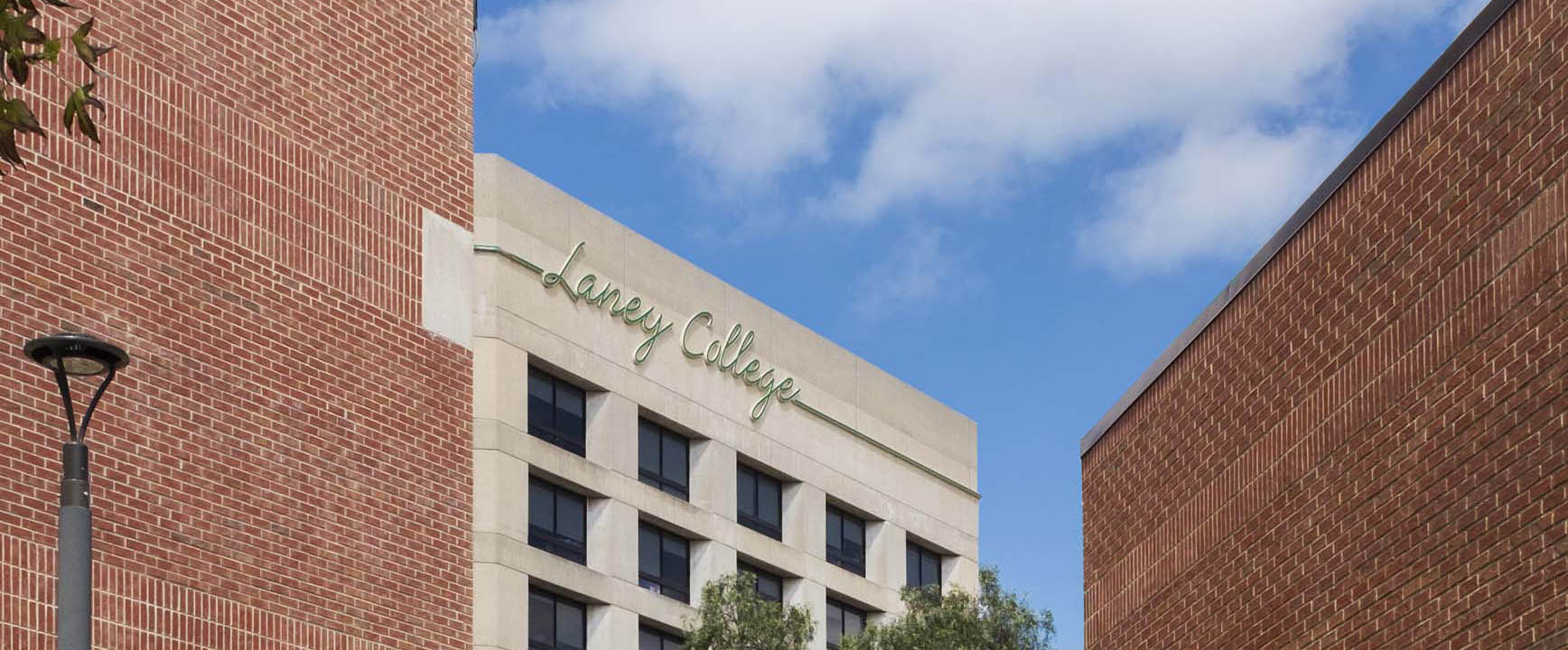I love science, almost all of them including chemistry, physics, engineering, but most of all biology. I love learning about how the world works. However, when I was a student, I was often bored or confused by many of my science classes. As a result, I strive to create a classroom environment that is inclusive, stimulating, and relatable. More specifically, I….
-
Seek to build a welcoming, inclusive, and supportive environment that supports learning and exploration.
- Science is all around and in you. However, that is my view of the world, and I know that you come to my class with a different view. I know your view has been sha
 ped by your own experiences in school, with your friends and family, relationships (or not) with working scientists, and multiple other factors. Your classmates are going to have different experiences as well. It is important that we embrace those differences, so everyone feels like they belong in class and can share their experiences. To that end, I structure class in a way to build students’ self-confidence in science and belonging in class.
ped by your own experiences in school, with your friends and family, relationships (or not) with working scientists, and multiple other factors. Your classmates are going to have different experiences as well. It is important that we embrace those differences, so everyone feels like they belong in class and can share their experiences. To that end, I structure class in a way to build students’ self-confidence in science and belonging in class.
- Science is all around and in you. However, that is my view of the world, and I know that you come to my class with a different view. I know your view has been sha
-
Learn what you know.
- I know that student’s learn more outside of the classroom than in, and that student’s experiences drive their learning. It is important that we acknowledge our preconceptions of what we know and how we learn before we try to learn something new. To this end, I design many activities that ask student’s to consider what they know, how they obtained that information, and what they use it so we can build on that knowledge.
-
Encourage a collaborative environment where we all have a voice and are free to make mistakes (for me too!).
- The best scientists are the ones that surround themselves with diversity. The only way to truly tackle a problem is from many different angles. I encourage collaboration in my classes, so that we can learn from each other. A differing viewpoint may reveal a solution we had not previously thought of. I believe everyone has something valuable to contribute to class regardless of science experience, and I want my classroom to be an engaging safe place to express opinions and make mistakes. We all make mistakes (I make them all the time), and mistakes can result in beautiful discoveries. I also collaborate with my colleagues to build my course work, bring in new learning materials, and learn more about topics.
-
Assess often and in many different ways (this includes for me too).
- In my experience, assessment was three tests a term. That was very stressful for me, and I often did poorly because I was so worried about the fact that I was only assessed three times for a whole class! This type of assessment never gave me an opportunity to express what I was still confused with nor get help with it. As an instructor, I try to give diverse types of assignments that give students more opportunities to show what they know. I also ask students to assess the class formally, so I can also work on learning more about what students needs are.
-
Clarify expectations
- When I was a student, I was often confused about what was expected of me in class and on assignments. As an instructor, I work to make those expectations clear starting with the syllabus and following with grading rubrics. I will use grading rubrics on ‘higher stakes’ assignments, so you know exactly what is expected of you.



